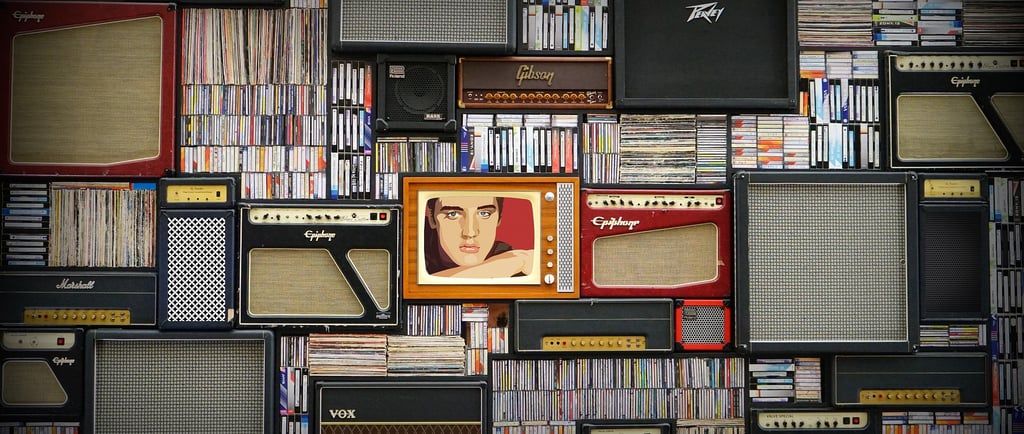The Media's Impact
The Media's Impact on the Buzz Around Space Exploration
HUMANITY


Space Exploration and Media
Space exploration has always stirred a sense of wonder in the hearts of many. From the iconic moon landing to the latest Mars rover missions, the quest to explore the cosmos has captured global attention. But what propels this interest? A significant force behind the excitement is, undoubtedly, the media. In this blog, we’ll dive into how various forms of media shape public perception of space exploration and generate an ever-growing enthusiasm for the final frontier.
Creating Awareness and Accessibility
One of the most captivating aspects of media in space exploration is visual storytelling. When images of distant galaxies, breathtaking planetary landscapes, and exciting rocket launches are broadcasted across television screens and social media feeds, they create a visual feast that captures viewers' imaginations. This imagery ignites curiosity and inspires awe, drawing people into the narrative of space missions.
Particularly on social media platforms, stunning visuals of space are shared widely, generating discussions and fostering community engagement. Space agencies, like NASA, have harnessed this power by regularly posting stunning photos taken from space, which not only inform the public but also fuel excitement about upcoming missions. The role of visual storytelling in media has undoubtedly played a crucial part in shaping public perception, making space exploration feel accessible to everyone.
Beyond visuals, media serves as an informative tool that keeps the public updated on advancements and missions in the field of space exploration. News articles, documentaries, podcasts, and educational websites all contribute to creating a landscape where knowledge is readily accessible. This educational aspect is important in developing a positive perception of space exploration.
Moreover, documentaries can present the human story behind space missions, showcasing the dedication and hard work of scientists and engineers. This personal touch creates a powerful connection between the audience and the individuals driving space exploration, promoting a sense of shared curiosity and excitement about humanity's endeavors in the universe.
Final Thoughts
As we look toward the next chapters of space exploration, such as potential missions to Mars or initiatives to commercialize space travel, the media's role will continue to evolve. Major news outlets, online platforms, and influencers will remain pivotal in shaping perceptions and expectations. Creating buzz around upcoming projects is essential, and media plays a key role in building anticipation.
Through well-crafted narratives, interviews, and discussions, interest can be maintained and excitement nurtured. Media not only keeps the public in the loop but also builds a community of enthusiasts who celebrate space exploration together. Ultimately, as public anticipation increases, so does the support for funding and resources that facilitate these ambitious journeys into space.
